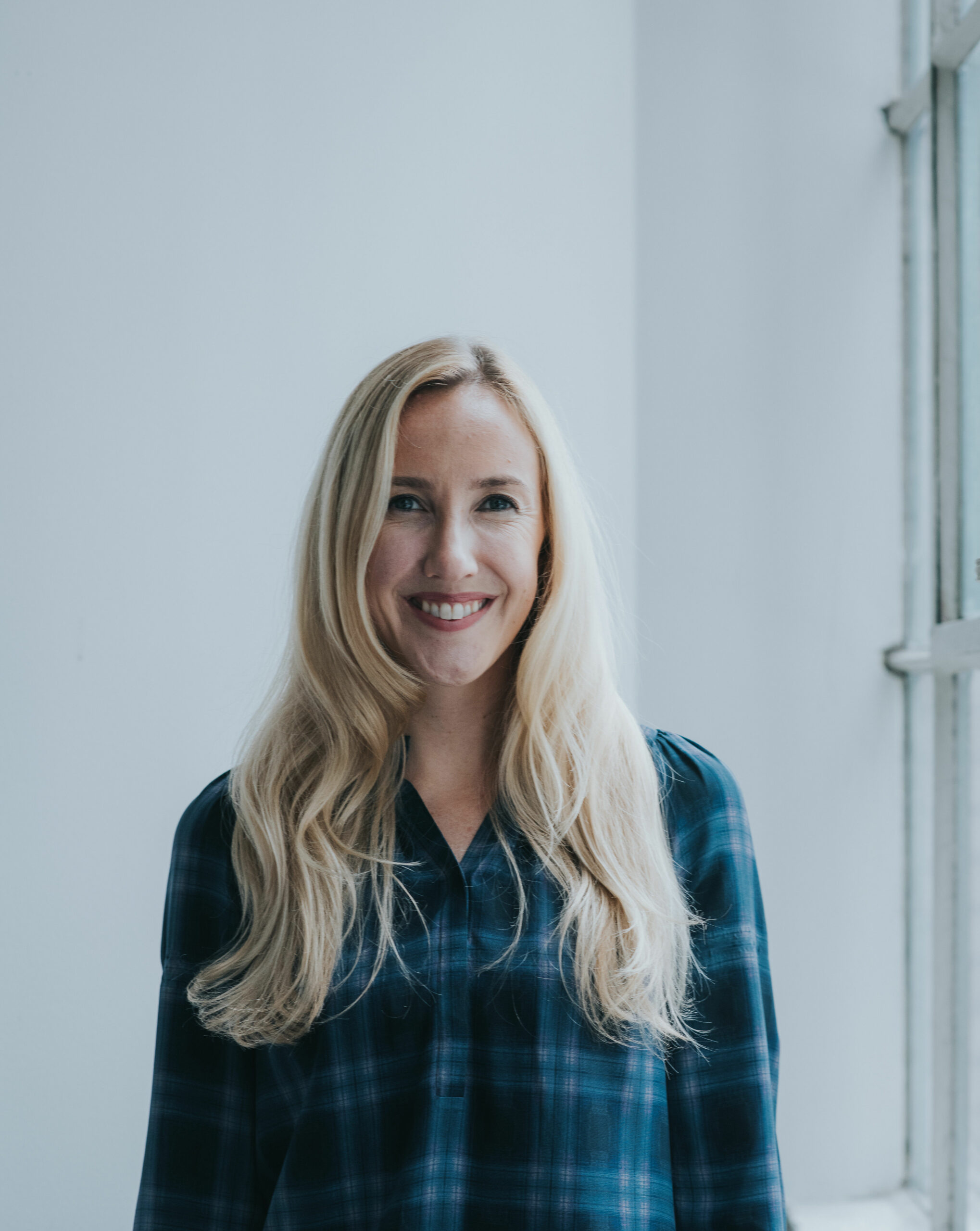When co-founders Valon Xhafa and Dr. Thilo Pfrang met in Germany, they found their skills and experience complemented each other perfectly. They founded behamics, which focuses on helping online retailers optimize revenue by employing artificial intelligence (AI) and behavioral sciences. Valon soon wanted to expand to the U.S. market to fuel growth, build a network, and secure additional funding. By working with Legalpad, Valon’s path to an O-1 approval went smoothly and resulted in an approval just as behamics prepared to expand.
A Perfect Match
While Valon was completing a Master’s in Informatics and Computer Science in Germany, he met Thilo, who completed his Doctorate in Behavioral Science. Valon was also working at Google as a Google Fellow, analyzing user behavior from an AI perspective. They decided to combine their interests, skills, and experience to found behamics, which works to anticipate the behavioral reasons behind customers purchasing decisions and then helping retailers provide the best information to customers in order to optimize revenue.
“We built the minimum viable product (MVP) within three months and got pre-seed money within four,” Valon said. “As a consultant for e-commerce and behavioral science, Thilo was able to bring on some clients very fast. Since I worked for Google, I had experience with complex AI models to predict user behavior. It was a great match.”
Revenue Optimization and the High Cost of Returns
Online retail shopping has exploded in recent years, doubling during the COVID-19 pandemic. However, the number of returns is growing as well, causing significant losses in the market. In the U.S. alone in 2019, about $300 billion worth of shipments were returned to fashion retailers, making up roughly 30% or 40% of the e-commerce traffic.

“If you see a UPS truck, it’s almost just as likely it’s returning products, not delivering merchandise,” Valon said. “The biggest problem is that the consumers don’t know about this issue. They just think, ‘It’s not going to cost anything if I ship it back.’ It’s wrong user behavior. We can see from our data that consumers are buying many items, trying a lot of sizes, and then just keeping one.”
Predicting the user behavior and targeting the right nudge for the right user at the right touchpoint facilitates purchasing the right product which in turn increases customer satisfaction, decreases return rate, and increases revenue.
Predicting User Behavior and Targeting the Right Nudge
behamics works to anticipate the reasons consumers might have in making a purchase decision and an eventual return and then provides additional information through nudges to help consumers make better purchasing decisions from the outset. For example, suppose behamics anticipates that an incorrect fit will be the reason for a return. In that case, it can push different sizing tools to help consumers maximize the chances of a correct fit.
“We want to provide additional information about a specific product or in a specific case that might help consumers focus on getting the right product,” Valon said. “Because if customers buy the wrong product, it’s going to take more time for them to get what they want as well as effort to repackage and reship it.” Returns also mean additional costs for online retailers, who typically bear the brunt of the shipping charges. behamics uses AI to learn from customer behavior, make predictions, and identify potential return cases before a purchase is made.
Moving to the United States
Although Germany is the largest AI and retailer market in Europe, Valon knew that moving to the United States would be the logical next step in behamics’ growth. “German retailers usually have 2-3 million visitors per month, whereas some big U.S. retailers see 20-30 million visitors per month,” Valon explained.
“I noticed a pattern that successful startups in Germany were following,” Valon said. “As soon as they got some traction, one of the founders moved to the U.S. to tap into that market. It’s been a huge and successful pattern for many companies.” Since Valon had immigrated to Germany when he was 18, he knew the immigration process could be complex and lengthy, so he began early. “This was the best time because everything shut down during COVID,” Valon said. After seeing an ad from Legalpad, Valon started working with them to ensure that he met the requirements.
“I believed from the beginning that the O-1 visa could be the ticket for me and my startup,” he said. “One of the most important things for a foreign startup is being able to join an accelerator or incubator. That’s the entry ticket to the U.S. market, to building a professional network, and to be able to scale the business with new investors.”
With an O-1 visa in his passport, Valon and the behamics team is ready to take the enormous U.S. retail market by storm.

